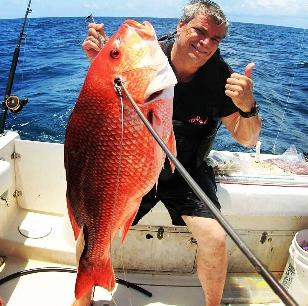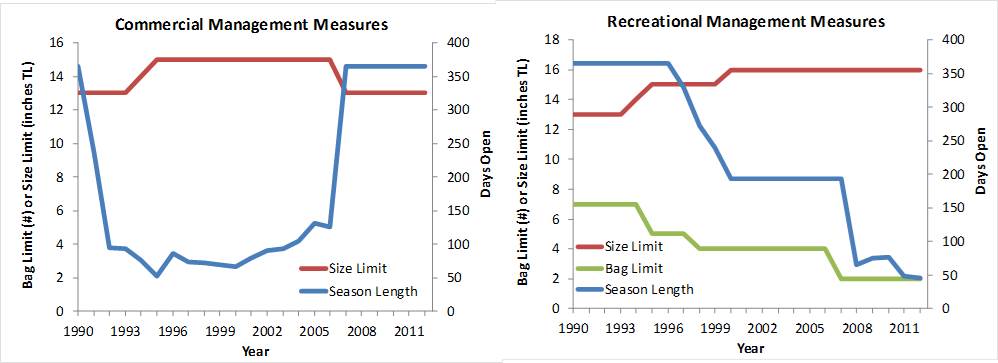
Fishing Regulations Rant by Primofish
Mark Primo Miller, Mississippi Gulf Coast
Summary of My Solution to Fisheries Management:
Eliminate User Groups completely. Why have Commercial, Recreational, and For Hire Sectors? All it does is pit people against each other.
Make the Same Rules for Everyone.
Never close any species completely. Implement Bag Limits and even reduce to a single fish per boat if necessary.
Establish small area No-Take Sanctuaries.
Implement Gear Restrictions.
Allow anyone to sell fish.
